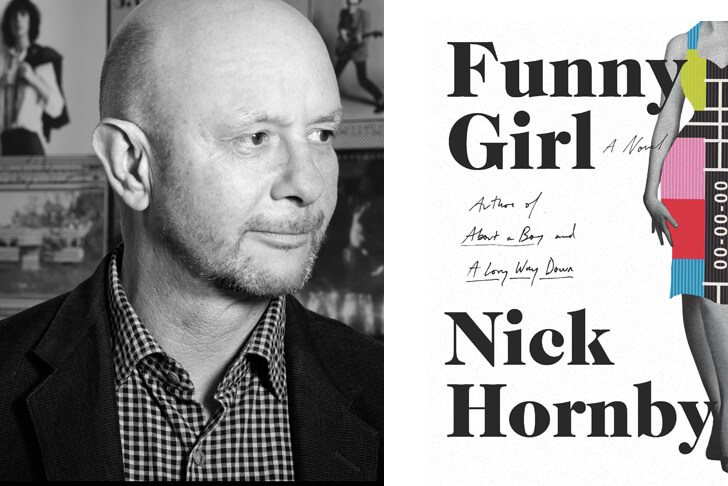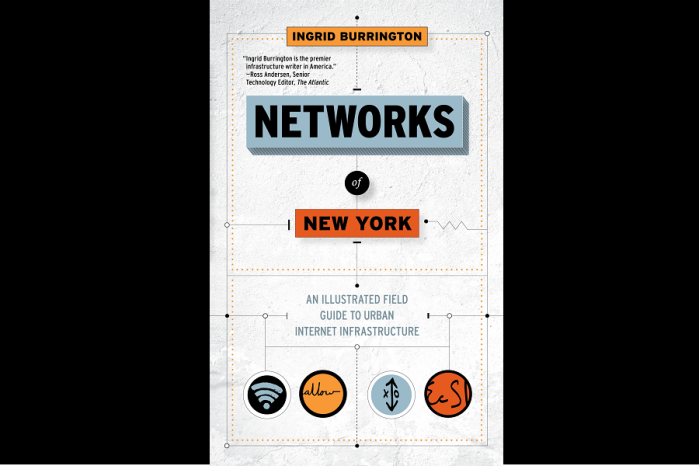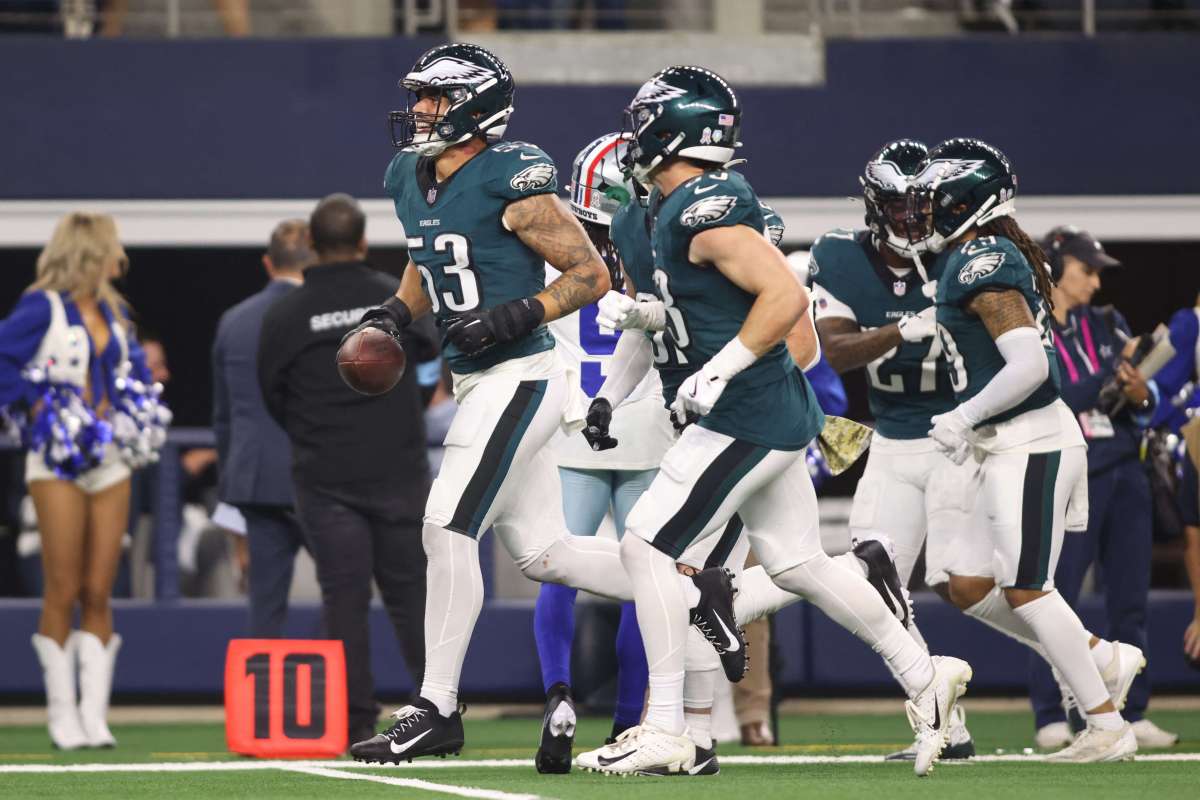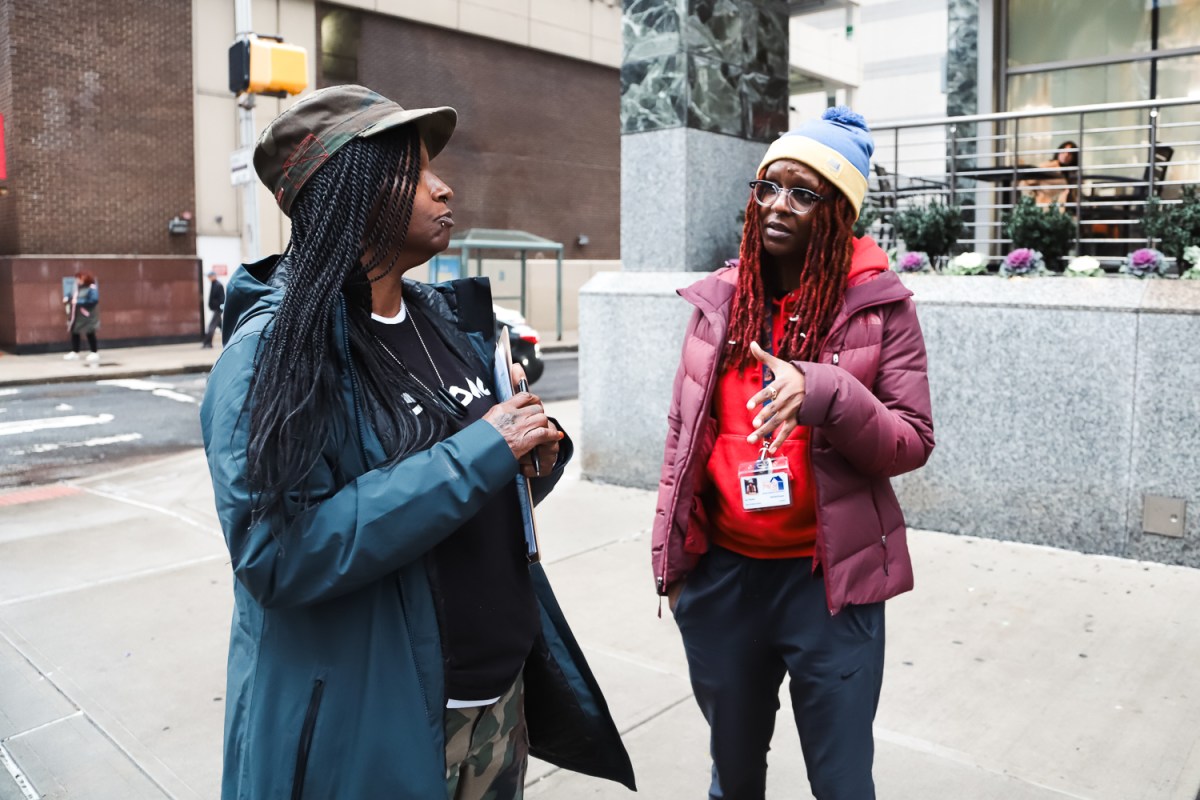While Nick Hornby’s seventh novel, “Funny Girl” is set in the 1960s, the premise couldn’t be more relevant: How do you live after an enormous amount of success comes to define your life? “We see it all the time,” Hornby tells us. “People make one show, one album, one movie or one book. How do you cope with that afterwards?” The funny thing about being funny: “When I was working on ‘An Education’ [Hornby wrote the screenplay], Rosamund Pike said to me that she wanted to do the comic role in the movie because she wasn’t allowed to be funny very often. And that was all she said, but I was thinking about that and how maybe the way she looks means she only gets a certain type of part.” Highbrow, lowbrow and Nick Hornby In one scene, Dennis is caught in a highbrow versus lowbrow debate on a BBC news show defending the wildly popular sitcom he directs. Hornby says this is something he’s experienced his entire career. “It’s never very far from any of us it is? It’s with literary fiction versus non-literary fiction, indie rock versus American ‘Pop Idol’ music. It’s a debate that never seems to go away or get old,” he says. No spoilers, just a tease: New York City event: Nick Hornby in conversation with Bill Tipper
Follow Emily on Twitter: @EmLaurence
“Funny Girl” follows a small town girl named Barbara who moves to London with big dreams of becoming the next Lucille Ball. The bless and the curse is that Barbara is beautiful, which doesn’t lend itself to being cast in comic roles.
In the book, Barbara does land a leading comic sitcom role and she becomes one of the most famous actresses in Britain. She’s an enjoyable character to follow in the book, but the supportive characters are just as colorful. There’s Clive, her skirt-chasing TV husband, the director Dennis, who pines after Barbara though she’s on and off dating Clive, and the writers Bill and Tony, who met in prison after they were both arrested for trying to pick up men in the restroom (This being the 1960s, homosexuality was illegal).
The book doesn’t stay in the ‘60s. It brings readers right up to 2015 with the characters in their 70s, long after the success of the sitcom. So how does each character deal with getting older and the dim of bright success? There will be no spoilers here, only a tease: it’s vastly different for everyone, and like with any Hornby book, you’ll close the book thinking it’s his best.
Wednesday, Feb. 4, 7 p.m.
Barnes & Noble Union Square
33 E. 17th St., 212-253-0810
http://store-locator.barnesandnoble.com/event/85044
Nick Hornby takes on Hollywood’s double-standards in new novel

Miriam Douglas
























